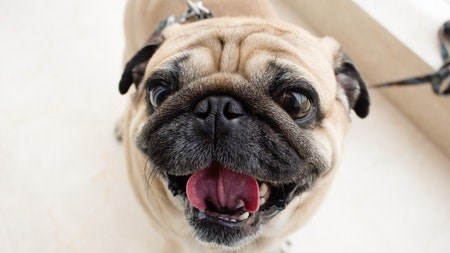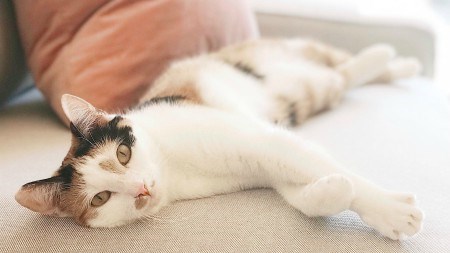November traditionally heralds the start of ‘firework season’, a time of joyous celebration for some, but a stressful time for many pet owners.
The bane of most pet owners’ lives, Guy Fawkes, Diwali (Festival of Lights), Christmas and New Year are usually celebrated by setting off fireworks. Although the domestic use of fireworks is banned by many local authorities, some will allow fireworks to be discharged, providing the requisite permission is obtained. Many undoubtedly flout the law and the seemingly endless bangs and explosions still rock our suburbs and affect countless household pets.
Vets and animal shelters are inundated with injured or lost pets at this time of year, but there are ways to help your pets get through these traumatic annual events. Dr Renier Delport, from Port Shepstone Veterinary Hospital says that it is important to note that not all dogs respond badly to loud noises. “There are many factors that contribute to ligrophobia (the fear of loud noise) and different animals will respond differently to different sounds. Some dogs will be terrified of fireworks, but will show no fear of gun shots or loud thunder (or vice versa).”
He says it should also be remembered that although cats may not display the same degree of alarm as dogs, many will hide away, sometimes for days on end, after being exposed to such a cacophony. There are, however, precautions pet owners can take to ensure that their pets are kept safe during this time and to lessen the trauma of noisy fireworks. Dr Delport recommends the following:
• Stay at home with pets which have a history of reacting badly to loud noises. If the situation allows, play music or watch a movie in the company of the animal. Do not react to the noise at all – ignore it completely. When an owner does react, saying things like ‘it’s going to be OK’, they trigger some kind of enforcement and dogs may think, well if my owner is reacting to it, why shouldn’t I.
• If possible, keep pets inside or in the case of outdoor pets, in the garage. Keep them away from things which could cause them injury should they become upset, such as windows and palisades.
“Medication should only be used when all else fails,” says Delport. “Certain medications like tranquilisers and sedatives could potentially harm the pet. It is a chance, albeit small, that pet owners take. Some dogs do react extremely badly to loud noise, no matter what precautions the pet owner takes and in many of these cases, sedatives are indicated.”
The group of drugs usually used with a reasonable degree of success are benzodiazepines. These make the animal sleepy and remove fear. They come in a tablet form and are classified as being reasonably safe for most animals. They are schedule five drugs and should only be given after the animal has been examined by a vet.
The second option is a non-scheduled, over the counter medication called Anxitane.
“Our opinion is that Anxitane is less effective than sedatives. It is a nutroceutical drug with anecdotal evidence that it reduces fear although as far as I am aware, there is no official scientific proof of this. It is strongly recommended that this medicine be administered for a few days before the anticipated stress. It comes in a tablet form and there are no recorded side effects of which I am aware. It works by reducing the animal’s ability to experience fear. The well-known remedy Rescue also falls more or less in this category, but Rescue is not indicated for animals, whereas Anxitane is.
“Due to the risks involved and the effects of tranquilisation, this option is not frequently recommended by veterinarians any more. Tranquilisers work by preventing the animal from reacting to fear, however it is important to note that it does not take away the fear. I must stress that medication should never be used as the easy way out and should only be administered under the direction of your veterinary practitioner,” cautions Delport.



